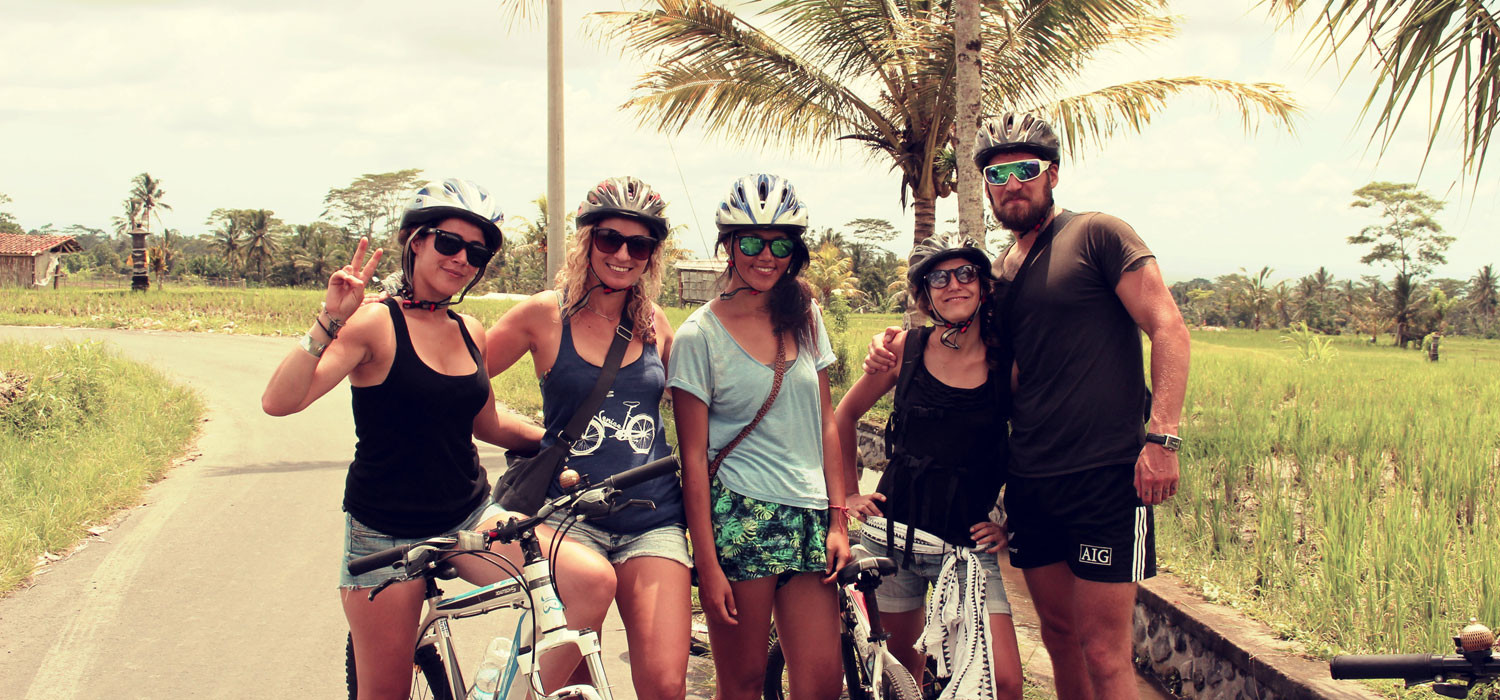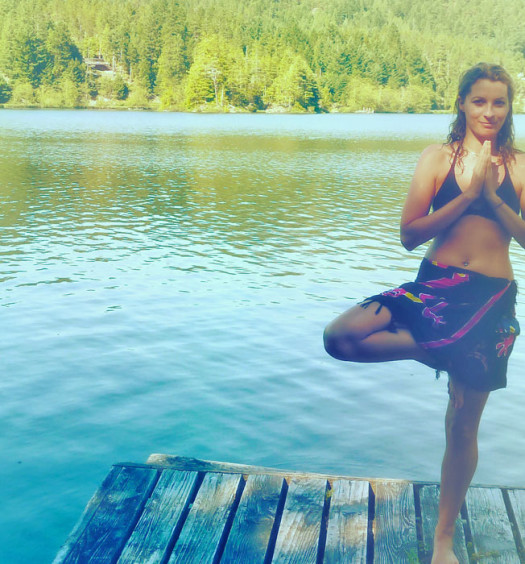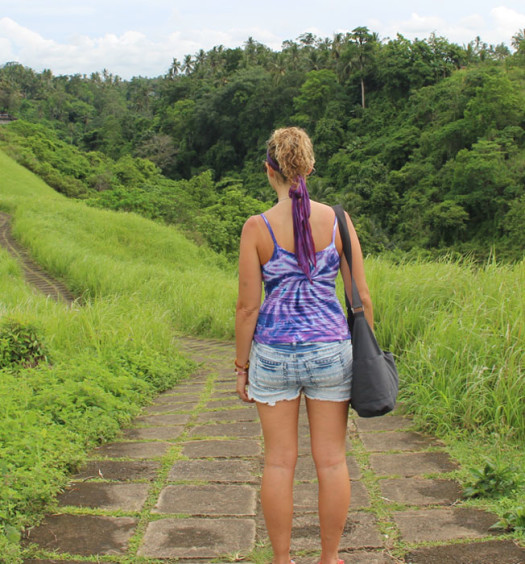I spent my 20’s traveling around the world and living and working in four different countries outside of my home, Australia. Ultimately, I wanted to see the world while working out who I was, what my unique gifts were and what my purpose in life was.
While observing my gypsy lifestyle, people often asked me what I was running away from?
While using wanderlust to feed my curiosity and thirst to experience other cultures, I discovered you can’t run away from yourself or your problems, they follow you.
I also discovered, if you are going to run away from your problems or confusion in order to gain more clarity, travel is a smart and healthy way to do it. It’s much more productive than other escapism activities such as substance abuse, excess food, or wasting time watching mind numbing TV.
We all have times in our life when we hit a tipping point and need to escape to process our thoughts and gain more clarity. Whether it’s from a break-up or divorce, quitting stressful job that wasn’t the right fit, or just needing to rebalance our lives, travel is a good way to move forward.
Here are five reasons why traveling for any reason, including to escape, is good for you:
1. Gain a different life perspective
Exploring beyond your local culture provides a larger perspective of how other people in the world live. Being able to observe and accept there other ways of living and doing things, allows you to make more informed choices about what your truth is.
This higher perspective also opens you up to opportunities and ideas you would never experience by staying at home. My travels taught me the success model I grew up with: to work hard, buy possessions and have a family, was not only the recipe to personal fulfillment. I learned that being grateful for the simple things in life can make you happier on a deeper level and inspire dreams more aligned with your purpose.

How do these Village kids in Morocco define success and happiness?
2. Expand your Emotional Intelligence
We all work hard to expand our IQ (Intelligence Quotient) through courses and postgraduate studies however, not many of us focus on expanding our emotional intelligence. Where is a high IQ going to get you when you are in the survival situation of finding food and accommodation in a country where you don’t speak the language? This is where your EQ (Emotional Quotient) is needed.
Your emotional intelligence helps you understand, empathize, and negotiate with other people. In other words it’s how you become street smart, stay safe and solve problems that textbooks don’t teach you. Although I got straight A’s in school, when I first starting traveling I was naive, so I got ripped off and tricked until I built up my EQ.
Research shows psychologists generally agree that among the ingredients for success, IQ counts for roughly 10% (at best 25%); the rest depends on everything else — including EQ.
3. Overcome fears
Traveling can sometimes bring lifelong and new fears to the surface, in the most surprising ways. While embarking on adventurous activities such as high altitude trekking, white water rafting and mountain biking, I noticed concerns for my safety came up. I got scary thoughts of falling, drowning, slipping, or altitude sickness etc. Each moment was an opportunity to face and transform these fears into life-changing accomplishments and memories.
When I returned home from each adventure trip, I noticed I was braver and more equipped to take on challenging situations by using these experiences as a baseline.

White water rafting in British Columbia, Canada
4. Be more present in life
Being away from the responsibilities and stresses of everyday life while traveling, naturally allows you to become more present. Seeing, tasting, hearing, and feeling new experiences ignite your senses and bring about more joy in the moment. It’s during times like this you can really feel a deep sense of fulfillment life and give gratitude for life. I feel this way when I’m engaging in adventurous outdoor activities such as cycling, hiking or running in a new place or feeling a deep connection to local or fellow travelers.
When your mind is focused on the present rather than the past, or worried about the future, you can just be. Experiencing ‘just being’ while traveling is a gift that can create a desire to bring more this experience into your daily life when you return home.

Being present on the beach in Mexico
5. Gain new life skills
Being in a new environment with a different climate, landscape, food, language, and smell drags most of us out of our comfort zone. The way you go about obtaining basic necessities such as food and accommodation becomes totally transformed while traveling.
You are forced to learn new survival skills very quickly; such as non-verbal communication, determining your safety, sourcing clean food and working out how to reach your next destination. This type of problem solving promotes growth and equips you with important skills you can apply to everyday life when you return home. I’ve been in many group situations at home that involved quick thinking and I was the first person to find a solution based on situations I was in while traveling.
What are your thoughts on using travel to escape? Do you agree in the end it works out to be a valuable investment? Please comment below.







